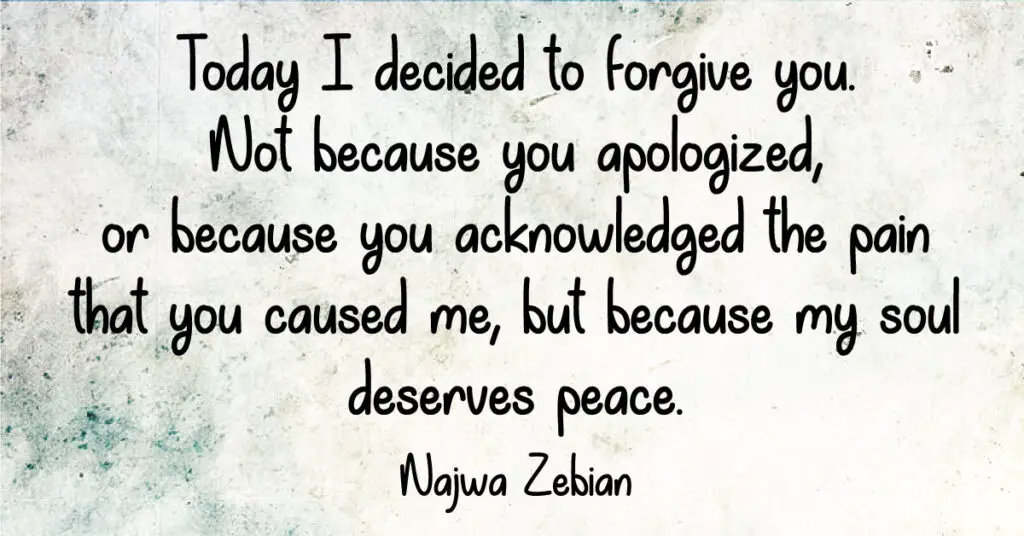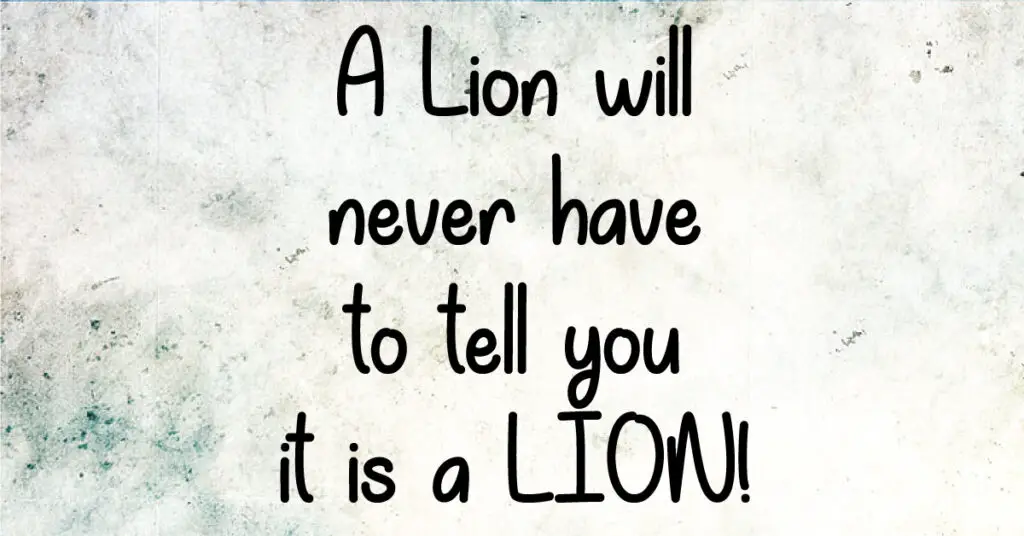Within the context of relationships, the guiding principles should be mutual love, respect, trust, and affection. These elements foster a healthy and fulfilling connection between two individuals. There are instances where these principles may be absent, leading to a relationship that feels more like an obligation than a source of joy.
When one partner is pushing the relationship forward despite clear signs of discord, it can lead to a forced relationship — a situation that’s far from ideal and can cause emotional distress. This article will delve into seven telltale signs that you might be in a forced relationship, providing insights that can help you assess your situation and make informed decisions about your romantic life.
1. You enjoy the idea of a relationship more than the actual person.
This sign suggests that you’re more attracted to the concept of being in a relationship rather than appreciating the individual you’re with. You might be infatuated with the idea of companionship, constant attention, and the societal status of being in a relationship, overshadowing the unique qualities, interests, or flaws of your partner. This could lead to feelings of dissatisfaction and resentment over time because the reality doesn’t match your idealized perception of a relationship.
2. You sometimes move cautiously to avoid them.
If you constantly find yourself tip-toeing around your partner, avoiding certain topics or situations out of fear of conflict, it can be a revealing sign of a forced relationship. A hallmark of healthy relationships is open and honest communication, where both partners feel safe to express their thoughts and feelings.
However, if you’re always on edge, being overly cautious about what you say or do, it might indicate that you’re forcing yourself to stay in a relationship that doesn’t provide the emotional safety and comfort that you need. Such a scenario is not conducive for personal growth or mutual understanding, essential components for a thriving partnership.
3. You’re hoping they’ll change.
In a relationship, wishing for your partner to change fundamental aspects of their personality or behavior signifies a lack of acceptance of their true self. It’s perfectly normal to hope for growth and evolution in a person over time, but expecting drastic changes or attempting to shape them into someone they’re not is indicative of a forced relationship.
Such expectations can set the stage for feelings of disappointment and frustration when these anticipated changes fail to materialize. It’s important to remember that meaningful relationships flourish on the foundation of acceptance and understanding, rather than attempts to substantially alter one’s partner.
4. You’re always the initiator.
In a balanced relationship, it’s crucial for both parties to contribute equally in various aspects such as initiating conversations, planning dates, and decision-making. This equal contribution fosters a sense of mutual respect and shared responsibility, strengthening the bond between partners. However, if you consistently find yourself making the first move or striving to keep the relationship afloat, this could be an alarming sign that you’re in a forced relationship.
Being the only one putting in effort can be a draining experience, leading to feelings of exhaustion as you struggle to maintain the connection single-handedly. Over time, this one-sided exertion can also breed resentment, making you feel unappreciated and leading to dissatisfaction within the relationship.
5. You’re constantly trying to ‘fix’ things.
Every relationship experiences its fair share of highs and lows. It’s normal to encounter disagreements or problems that need to be resolved. However, if you find yourself perpetually in repair mode, constantly trying to mend issues or settle disagreements, it could be a sign that you’re forcing the relationship.
This continuous effort to fix problems, especially without your partner’s active participation, can be emotionally exhausting. It’s like trying to sail a ship single-handedly in stormy weather. More importantly, this could indicate a lack of mutual commitment to making the relationship work, which is a cornerstone of any healthy and balanced partnership.
6. They don’t make time for you.
In a relationship, time is a significant currency that shows how much value one places on the partnership. If your partner consistently fails to make time for you or prioritize you in their schedule, it can be a clear indication that they may not cherish the relationship as much as you do. A healthy and balanced relationship necessitates a mutual investment of both time and effort from both parties involved.
It requires a give-and-take dynamic where both partners adjust their schedules to accommodate each other. However, if you find yourself constantly making adjustments to your own routine to fit into theirs, it could signify that you’re in a forced relationship, where the effort and commitment are largely one-sided.
7. No boundaries.
Boundaries form an integral part of any relationship, playing a vital role in cultivating mutual respect and understanding between partners. They serve as guidelines for personal space and emotional comfort, helping to maintain a healthy balance in the partnership. However, if your partner continually disregards these boundaries or fails to respect your personal space, it’s indicative of a forced relationship.
This persistent violation can lead to feelings of discomfort as your individual needs and limits are not being respected. Over time, such disregard for boundaries can also foster resentment, creating a rift in the relationship and leading to significant emotional distress.
Final Thought
Indeed, it’s crucial to be in a relationship where you feel valued, respected, and genuinely loved. If these signs resonate with your current situation, it may be time to take a hard look at your relationship. It could be that you’re forcing something that isn’t meant to be.
Remember, it’s okay to prioritize your happiness and emotional well-being. If needed, don’t hesitate to seek professional help. Relationships should bring joy, comfort, and growth, not constant stress or feelings of inadequacy.








